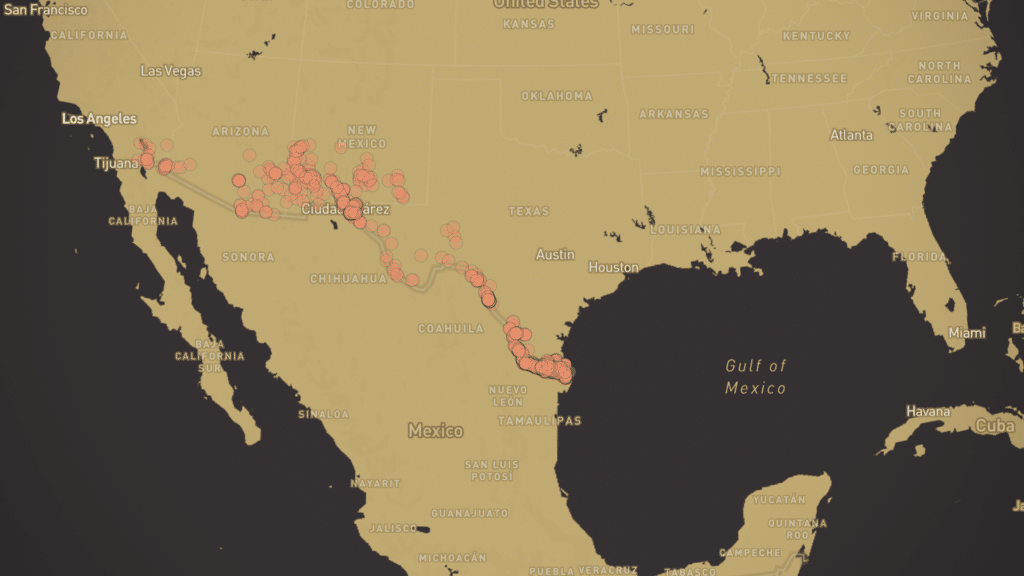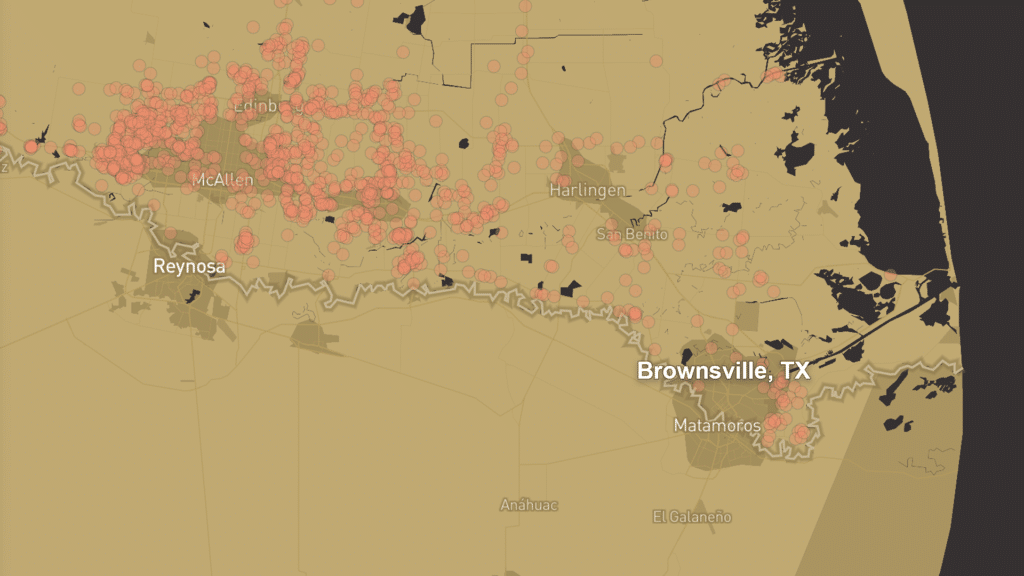cdcb works with community partners in colonias like Sebastian to offer these classes. The classes are generally held once a week for six weeks, and laptops are provided by cdcb for participants. Those who attend at least three classes earn the chance to win a Google Chromebook.
Homero Olivarez
Raymondville, Texas
Homero Olivarez lives in Raymondville, a small city located in predominantly rural Willacy County, Texas. The 68-year-old disabled veteran fondly remembers when technology connected him to those at home during his time abroad. In the early 1970s, phone calls from an army base came with the pressure of an audience. Each time, 15–20 eager soldiers would stand in line waiting for one phone. “When somebody said ‘Honey, I love you,’ everybody would yell ‘Yeah, me too, honey, I love you too.’ It was kind of hilarious”, recalls Homero.
Long gone are the days of standing around waiting for one telephone, but Homero is keenly aware of how new technologies can bring humans together. In the past, we relied on train tracks, roads, and power lines to connect us across distances. Now, a plethora of wires, digital screens, and wireless transmitters connect us in an instant. But while many ride the communication waves to new opportunities, all too many Americans experience a lack of access to both digital infrastructures and the knowledge it takes to use them.
The free digital literacy course primarily provides training in basic computer skills. Participants learn how to browse the internet, use email, and expand their knowledge of operating systems and software like Windows, Microsoft Word, Excel, and PowerPoint. For Homero and many others, cdcb provides an increasingly essential service.
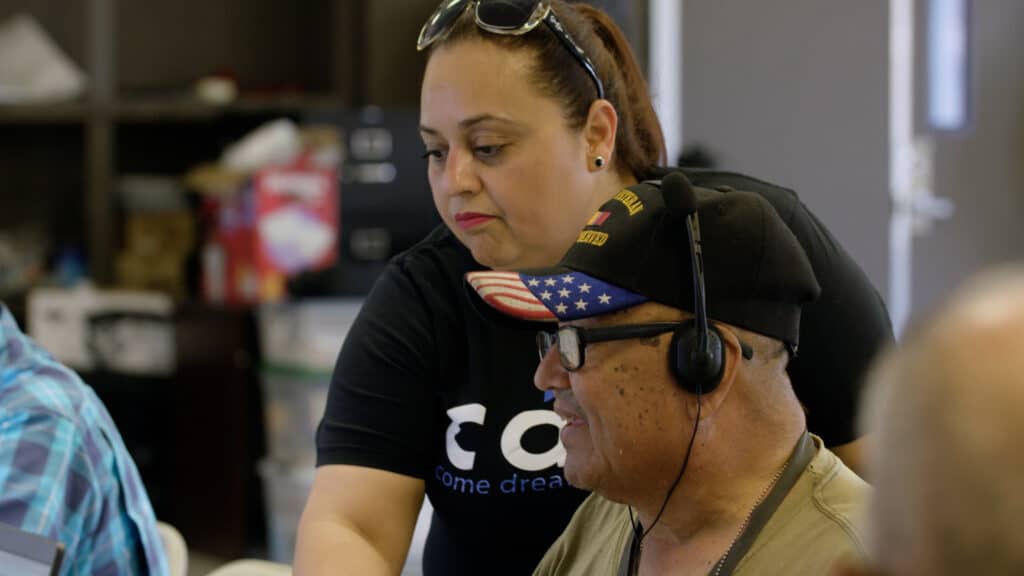
The free digital literacy course primarily provides training in basic computer skills. Participants learn how to browse the internet, use email, and expand their knowledge of operating systems and software like Windows, Microsoft Word, Excel, and PowerPoint. For Homero and many others, cdcb provides an increasingly essential service.
During the COVID-19 pandemic, it became abundantly clear to cdcb that residents in the colonias they serve – who often lack access to high-quality infrastructure like roads and power lines – also lack access to digital infrastructures, and in some cases, the knowledge necessary to take advantage of the opportunities they afford.
The headquarters of cdcb are located in Brownsville, Texas: a hub from which the organization can serve clients like Homero, who live in the more rural areas where colonias are located.
The headquarters of cdcb are located in Brownsville, Texas: a hub from which the organization can serve clients like Homero, who live in the more rural areas where colonias are located.
The headquarters of cdcb are located in Brownsville, Texas: a hub from which the organization can serve clients like Homero, who live in the more rural areas where colonias are located.
Colonias are communities along the U.S.-Mexico border that are unincorporated by state authorities. That means they are not governed by local municipalities, and in many cases aren’t provided with basic public services. The first colonias developed as an informal housing solution for low-income workers in Texas during the 1950s. Land was divided into small lots, which could be bought as property by low-income families via contracts for deed. These deals included undocumented (and thus unenforceable) promises to provide basics such as water, sewage, and electricity.
Colonias are often hidden from view due to their rural locations. Over the last 70 years, the number of colonias has grown, and in most cases, the infrastructure has not been improved.
Colonias are communities along the U.S.-Mexico border that are unincorporated by state authorities. That means they are not governed by local municipalities, and in many cases aren’t provided with basic public services. The first colonias developed as an informal housing solution for low-income workers in Texas during the 1950s. Land was divided into small lots, which could be bought as property by low-income families via contracts for deed. These deals included undocumented (and thus unenforceable) promises to provide basics such as water, sewage, and electricity.
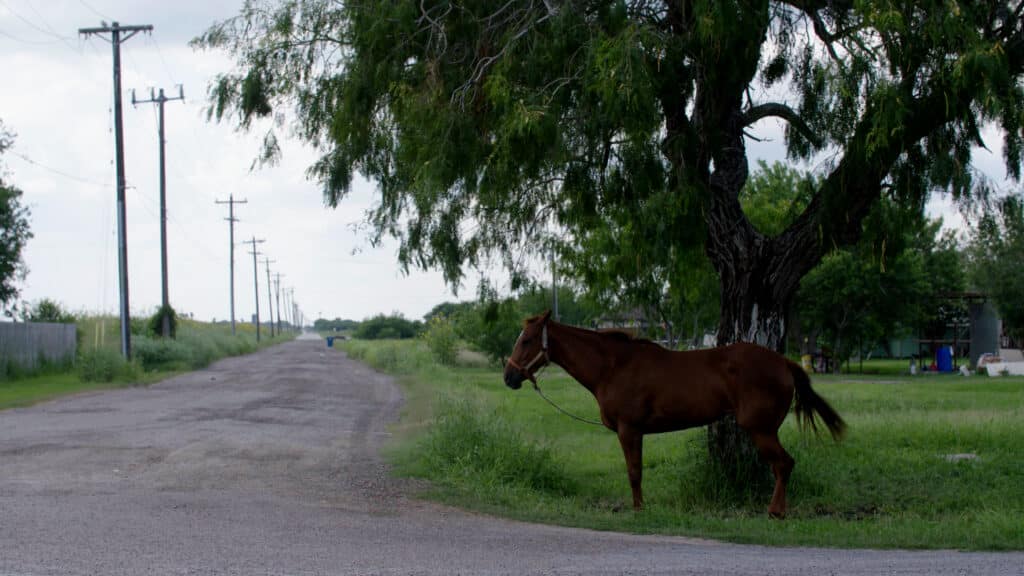
Colonias are often hidden from view due to their rural locations. Over the last 70 years, the number of colonias has grown, and in most cases, the infrastructure has not been improved.
Through grant funding, cdcb devised the weekly digital literacy program to help colonia residents and others in the region. Norma Villarreal – the colonia rural outreach specialist for cdcb – led the charge, both by leading the classes and finding venues like the Sebastian Community Center to host the classes.
Through grant funding, cdcb devised the weekly digital literacy program to help colonia residents and others in the region. Norma Villarreal – the colonia rural outreach specialist for cdcb – led the charge, both by leading the classes and finding venues like the Sebastian Community Center to host the classes.
Through grant funding, cdcb devised the weekly digital literacy program to help colonia residents and others in the region. Norma Villarreal – the colonia rural outreach specialist for cdcb – led the charge, both by leading the classes and finding venues like the Sebastian Community Center to host the classes.
Norma states that half the battle is getting word out to various colonia residents in the region. She points out that the lack of digital infrastructure, unsurprisingly, makes it difficult to reach folks. Rather than riding the digital waves, Norma often finds herself driving on rural roads to reach people. In some cases, she’s gone door-to-door to inform people about the program.
Norma states that half the battle is getting word out to various colonia residents in the region. She points out that the lack of digital infrastructure, unsurprisingly, makes it difficult to reach folks. Rather than riding the digital waves, Norma often finds herself driving on rural roads to reach people. In some cases, she’s gone door-to-door to inform people about the program.
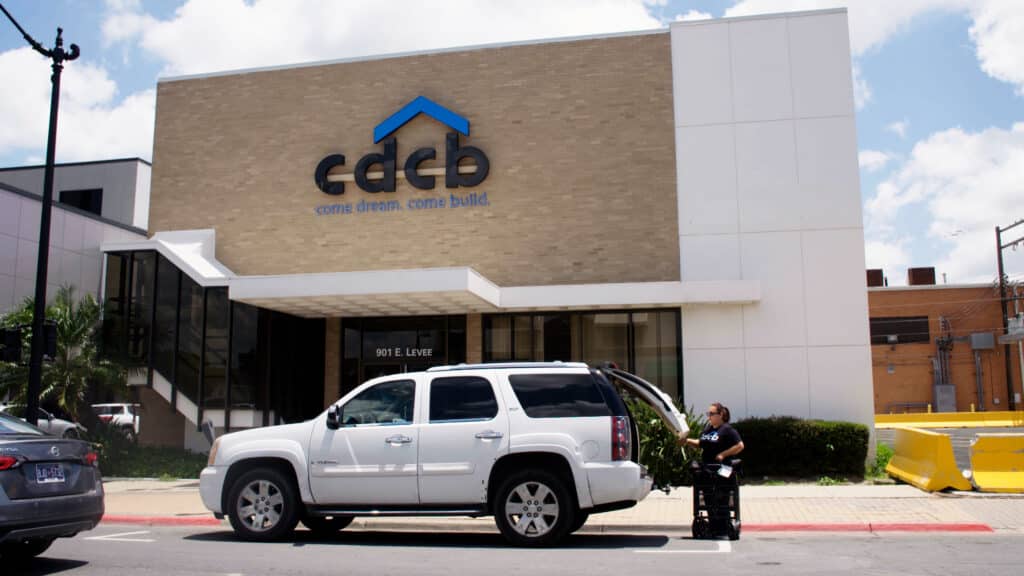
Sometimes, word of mouth does the trick. That’s how Baudelio Ramon found himself in class with his buddy, Homero. Baudelio has spent most of his years working on a farm or doing maintenance work at the local school. But the wages from neither job provided him enough money to pay for the internet, nor did they afford him an opportunity to learn about new technologies.
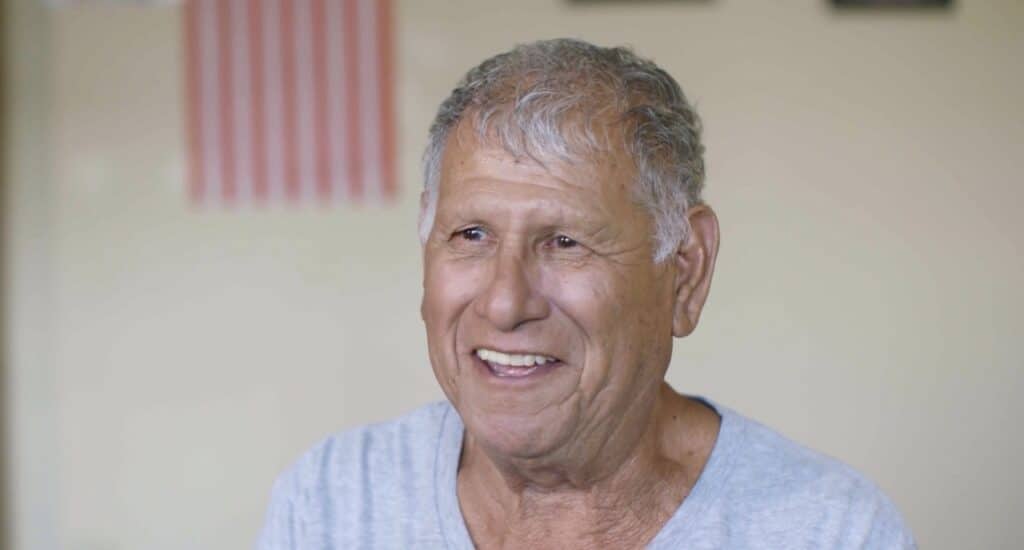
Now retired, Baudelio hopes to pick up skills that will help him feel more connected to his family, especially his children who live around the world. He hopes that learning to use the technology will allow him to see his grandchildren grow and learn, even if through a digital screen.
Norma knows these classes matter for the people in her community. She’s already witnessed how it’s changed lives.
One of Norma’s students from Sebastian came to her one day after applying for a new job. She was concerned she had little chance of being hired because she lacked experience with Microsoft Excel. But after finishing the digital literacy class through cdcb, she got up to speed and earned a certificate in Excel proficiency. Now she has a new job as a teacher's aide in the local public school district.
“It’s a big deal because she’s a single mother,” Norma said. “She’s working and had to have two jobs as a home provider in order to afford living costs. And now she’s with the school district and has more opportunities. Now she’s a teacher's aide, but maybe later she’ll decide to go back to college and become a teacher. This program gives them that opportunity. At least to give them the first step and say ‘Yes, I try and I know it’s difficult and I thought I was not going to be able to do it, but I feel more comfortable and I can take the next step.’”
Homero has similar plans for himself.
He hopes the new knowledge he gained through cdcb’s digital literacy classes will boost his resume and help him find side jobs that provide more income than his monthly military stipend. The extra cash could make it possible for him to venture back to the same European sites he saw during his time in the service.
And if a trip isn’t in the cards, his success with cdcb‘s program has put some modern, dependable alternatives within close reach. At the very least he’ll be able to digitally reconnect with those people and places.
Published 2024


